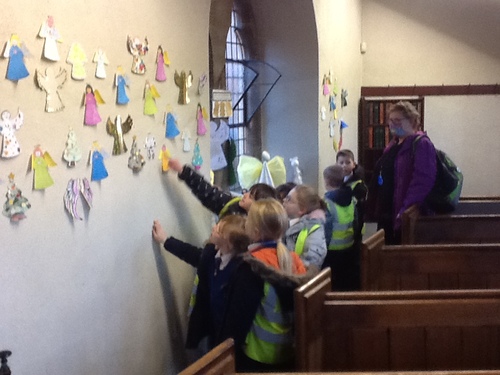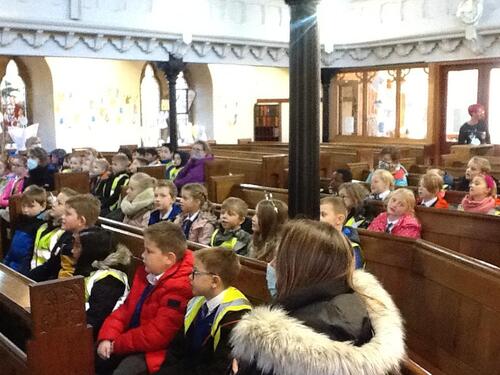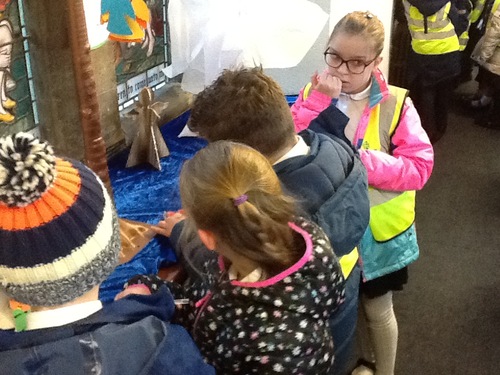


|
At Huish, we believe that RE plays a dynamic role in a child’s education by provoking challenging questions about the meaning and purpose of life, beliefs about God, issues of right and wrong, and what it means to be human. We believe that engaging and stimulating RE helps to nurture informed and resilient responses to misunderstanding, stereotyping and division, and offers and place of security within which difficult or ‘risky’ questions can be tackled. In RE at Huish, pupils discover, explore and consider different answers to challenging questions through learning about and from religions and other world views. They learn to question, debate, compare and critically assess different answers to ‘big’ human questions and to ‘agree or disagree respectfully.’ Teaching equips children with the knowledge and understanding of a range of religions and other world views, enabling them to, over time, develop and articulate their own personal beliefs, ideas, and identity, while respecting the right of others to differ. It develops in pupils, empathy and open-mindedness so that they can participate positively in society with its diverse understanding of life from religions and other world views. In school, the curriculum is based on the Local Agreed Syllabus for RE in Somerset, 2019 (Awareness, Mystery and Value). The syllabus has three aims for pupils:
The syllabus requires schools to focus on specific core religions at each key stage: Christianity and Judaism from KS1, adding Islam and Hinduism at KS2. In addition, other (non-religious) world views must be included as part of the curriculum at each key stage. Key features of RE lessons at Huish
|
| Year R | Year 1 | Year 2 | Year 3 | Year 4 | Year 5 | Year 6 | |
| Autumn |
Special Me - Who are we? Special Times - Christmas & Hanukah |
What do Christians believe about Jesus? (incarnation) Link with Christmas |
What do Jewish people believe about Torah | What do Christians believe about God and Incarnation? (links with Christmas) | What do Hindu people believe about Dharma, Deity and Atman? | What do Christians believe about God and Incarnation (links with Christmas) | What do Muslim people believe about Islam and Iman? |
| Spring |
Special Places - Church building and Synagogue Special times - Easter and Passover |
What do Chrstians believe about God? Humanism |
What do Christians believe about forgiveness? Link with Easter | What do Jewish people believe about God and the Covenant and Torah (links with Passover) |
What do Christians believe about Salvation? (Links with Easter) Humanism |
What do Jewish people believe about God and the Covenant and Torah (links with Passover) | What do Christians believe about Salvation? |
| Summer |
Special Stories - God/creation Special Stories - Jesus |
What do Jewish people believe about God and the Covenant? |
What do Christians believe about love? (Agape) | What do Muslim people believe about Islam and Iman? |
What do Christians beieve about Agape? |
What do Hindu people believe abotu Dharma, Deity and Atman? | What do Christians believe about Agape? |